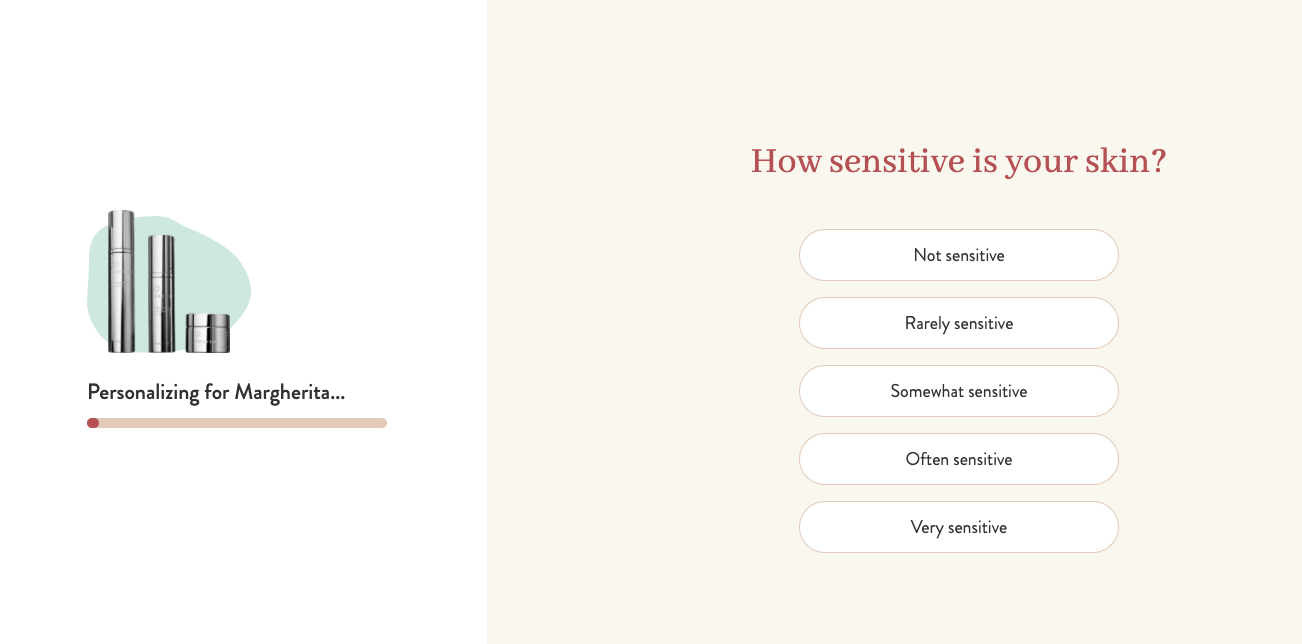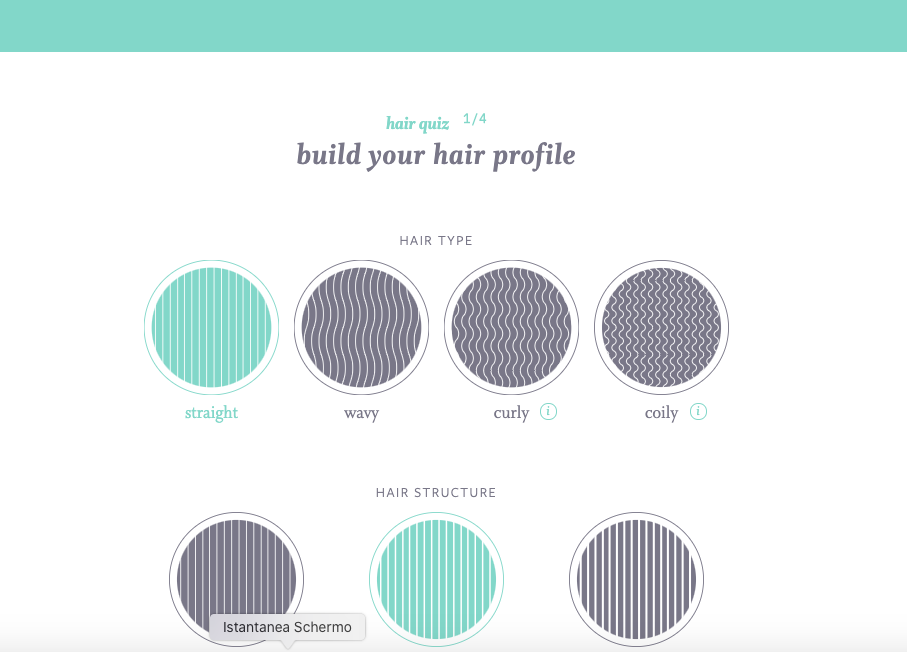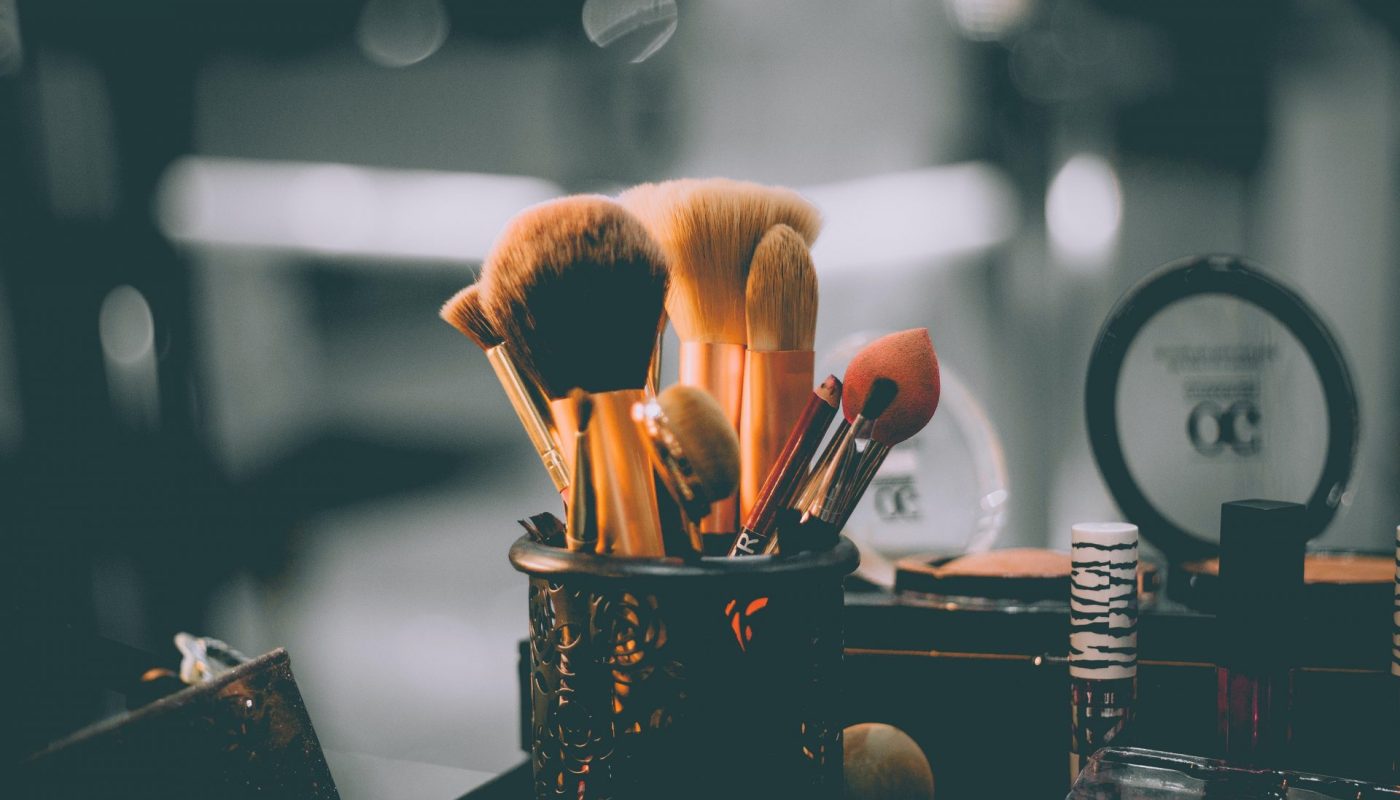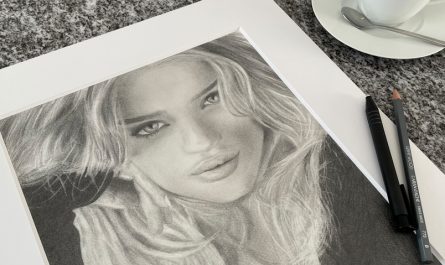In the last blog post, I cited the example of Sephora which is optimizing the customer journey by using AI tools to make personalized recommendations. However, the well-known beauty brand is not alone in fostering this innovation. Indeed, customers are demanding more personalized and instant experiences, and therefore AI applications are largely employed to make this happen. The beauty industry is impressively being transformed by AI and Deep Learning: these technologies are shaping the industry in several ways, from offering real-time recommendations to product development, while passing through virtual assistants and virtual mirrors. All these implementations help to collect valuable customer data that are used by brands to understand needs and anticipate market trends.
Let’s have a look at how Deep Learning is disrupting the beauty industry!
Product development and product recommendations
Thanks to Deep Learning algorithms, it is possible to develop new beauty formulas according to customers’ specific needs. Here are some examples of companies that are incorporating these technologies into their product development processes.
Proven: the company developed the Skin Genome ProjectTM, which uses the world’s largest skincare database to provide tailor-made solutions. The Deep Learning algorithm behind is able to rapidly process data about skincare ingredients, reviews from people, scientific publications, and weather conditions of specific areas to come up with the best solution for the customer. And everything happens in less than 5 minutes, by filling in an online quiz.

Function Of Beauty: the company uses Deep Learning applications to formulate unique and highly customized shampoos for the users, according to their personal needs, goals, and preferences. The underlying principle is the same: through a quick quiz, the right shampoo formulation, among over 54 trillion unique solutions, is identified.

An example of beauty products recommender system is offered by My Beauty Matches. The aim of the platform is to provide users with personalized beauty product suggestions while comparing products between different websites. The platform uses Deep Learning techniques to offer impartial recommendations, thus it has the potential of increasing the conversion rates of brands with the best quality/price ratio. The algorithm collects information and preferences through a quiz and then screens products and brands data to come up with a neutral recommendation.
Identifying new trends:
Deep Learning algorithms can be used to identify what is attractive and what will be trendy in the beauty industry. In this regard, the first beauty contest judged by AI machines has been developed. The technology employs computer vision features to obtain information from images and further process it. The algorithm can evaluate beauty from a human perspective, by assessing wrinkles, face symmetry, age, and many other parameters. The main aim of the project is to provide an understanding of how someone’s attractiveness changes over time. The long-term and more ambitious goal is to find effective ways to slow down facial aging.
The size of the global skincare market is expected to be around 189.3 billion U.S. dollars in 2025. The extensive use of AI and Deep Learning techniques will support developing customized and unique products that will make customers satisfied and will help to reduce the times and costs of production.
And you? Do you think Deep Learning will lead to a breakthrough in the beauty industry? Would you try out the quiz I mentioned before or would you prefer having your hair and skin assessed “offline” by an expert like a dermatologist? Let me know in the comment section below! 🙂
References:
Photo by Raphael Lovaski on Unsplash
Machine learning: Changing the Beauty Industry
Artificial Intelligence in Beauty & Cosmetics Industry
Artificial Intelligence (AI) In Beauty Industry
The Power of Artificial Intelligence for Cosmetics Brands
How My Beauty Matches Is Using Machine Learning To Disrupt The $445 Billion Beauty Market




Hi Mäggi,
Well it seems quite comfortable to assess its own skin type online considering time consumption. As for the first assessment it seems to be a adequate alternative.
Considering my girlfriends’ delicate situation, it might be also a solution! 😉 i’ll ask her to try it out.
Has been a pleasure to read your blog. Hopefully you continue to publish any kind blogs.
Regards,
Rick Stein
Hi Rick
So glad to see you on my blog. Yes, you’re right. I think DL could provide a valid initial check, but expert advice must be the solution for more complex and serious conditions. Let me know if it’ll work for your girlfriend!
Enjoy your time in Spain.
Regards,
Margherita
Hey Margherita, very interesting post. I do also think that it is a nice way to find the right beauty products with help of AI. It saves a lot of time and you can still decide whether you want to buy it or not without any pressure from the shop assistant 😉 Very interesting, I am amazed in how many areas AI is already used.
Hi Anja, thanks for your comment. Yes that’s another good point! However, for me, the most amazing thing is that DL can provide you with your unique and tailored-made solution, while the shop assistant can only select between a range of products.